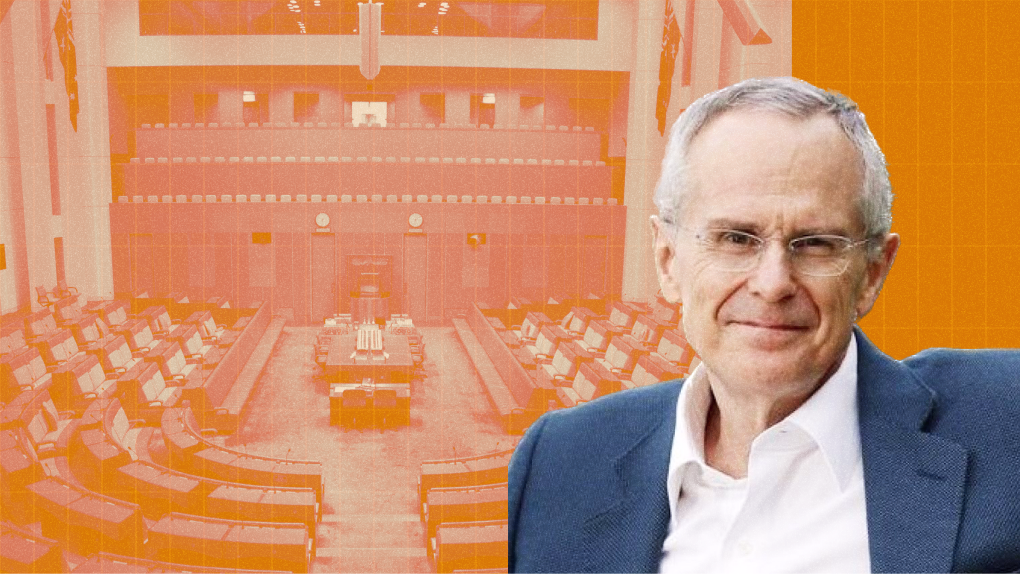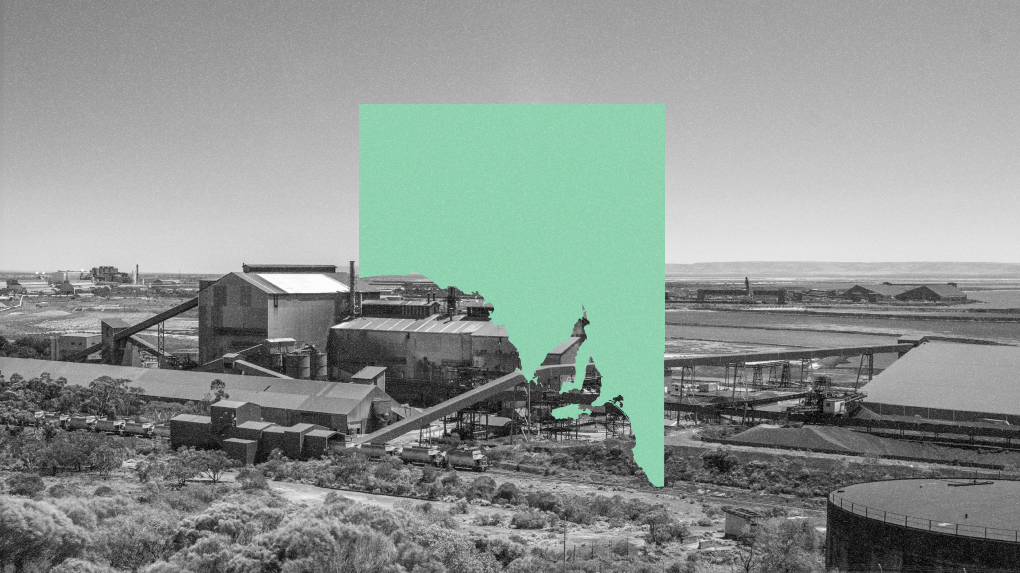It is great news that there will now be a focus on productivity, as recently confirmed by the Treasurer. But many complain that the new government ran with low ambition and so does not have a mandate for significant productivity enhancing reform; this is not correct. While the government did not present its productivity agenda in a cohesive way, let’s consider what it has a mandate for.
First, there is the already announced revised National Competition policy agenda, with the commonwealth Treasury working closely with their state counterparts to recreate the Hilmer reform approach of the mid 1990s that boosted Australia’s GDP by 2.5%. Already this process has seen action on non-compete clauses in employment contracts that prevent even low skilled workers changing jobs. And harmonising occupational licensing, such as for electrical workers so they can easily move across borders, is on the agenda, as is much else. The potential is huge, and the mandate is clear.
Second, the government’s Future Made in Australia strategy can transform Australia for the better if Treasury advice is followed. The National Interest Framework, developed by Treasury, focuses attention on industries where Australia has a comparative advantage.
The point is that in the fossil fuel world gas and coal can be easily exported so, for example, iron metal is sensibly made overseas. But it is difficult and expensive to transport renewable energy and hydrogen, so it makes economic sense in the net zero world to use Australia’s world leading advantage in solar and wind resources for industrial purposes close to where the energy is generated. This will involve a move heavily into energy intensive exports such as green iron and aluminium, green fertiliser and transport fuels, and a range of other energy intensive activity. The opportunity can exceed the mining boom of 15-20 years ago. These cutting edge activities will boost Australia’ productivity well into the future. And again, the mandate is clear.
The government now needs policies to deal with the externalities associated with the net zero transition: making up for the lack of a world carbon price, backing early projects that can transfer learning to others, and playing a role with common user infrastructure. It is extremely risky for Australia to have all its economic eggs in the fossil fuel basket.
Third is the need for action on gas. Support for renewables is often characterised as reliance on solar and wind only. This is not so. We have pumped hydro and ever improving batteries, and gas is ideal for ensuring reliability with its low capital cost and high operating cost. Gas has played a key role in fossil fuel electricity generation; so it will in the net zero world, albeit with less volume required. The Coalition went to the election with a policy on gas reservation. The details were not available, but the key point is that Australia has enough gas, we just need to determine how to make it work for Australia. Australia has by far the highest domestic gas prices of any gas exporting country; this must change, and the government has the ability to make this happen.
Fourth, the government has pledged to expedite project approvals. It must follow through. It is, frankly, a disgrace how long approvals take in Australia. Projects can be approved or rejected, but the process should not take years. This is a clear policy failure.
Fourth, the government has promised to expedite project approvals, and it must act on this in a significant way. It is frankly a disgrace how long approvals take for major projects in Australia. Projects can be approved or rejected, but it is a policy failure that such processes take many years.
Fifth, Australia is short of labour. We need to keep aiming for full employment and, with Jobs and Skills Australia, the government clearly has the policy intent to set Australia up with the skills we need. So the mandate is there; we now need delivery.
Sixth, the government has established a review of our electricity wholesale market settings, which is due to report later this year. Our electricity market is a mess at the moment, given the current range of arbitrary interventions, so the government now has the opportunity to fix it.
Seventh, the government has given the Productivity Commission references on many topics that can drive productivity, such as harnessing digital technology, innovation, skilled workforce, and the net zero transformation. Having given the references, it should now have a mandate to act on their recommendations.
But what about tax reform? It is true that the government does not have a mandate for this. It should go to the 2028 election seeking such a mandate. But serious tax reform needs to be paid for. The best way to do this is via a price on carbon to compensate for the damage fossil fuels do to our environment.
The economics of dealing with externalities in this way could not be clearer. Indeed, there are two advantages. First, the absence of a price on carbon has seen a wide range of arbitrary measures to reduce carbon emissions that are not market based and so can damage productivity; let’s reduce emissions in the most efficient way. Second, the proceeds cannot just compensate households, they can also finance true tax reform and make it saleable to the electorate. Those who want true tax reform should get behind a price on carbon. The boost to productivity will be huge.
The government does not lack a mandate for reforms to boost productivity. But it now needs to act on its mandate. And it needs to seek a new mandate in 2028 for true tax reform including a price on carbon.
Rod Sims
Chair, The Superpower Institute
Rod Sims is Enterprise Professor at the Melbourne Institute of Applied Economic and Social Research, Faculty of Business and Economics, University of Melbourne, and Chair of The Superpower Institute. He previously chaired the ACCC (2011-2022), served as Deputy Secretary (Economic) in the Department of Prime Minister and Cabinet, and Principal Economic Adviser to PM Bob Hawke (1988-1990).



